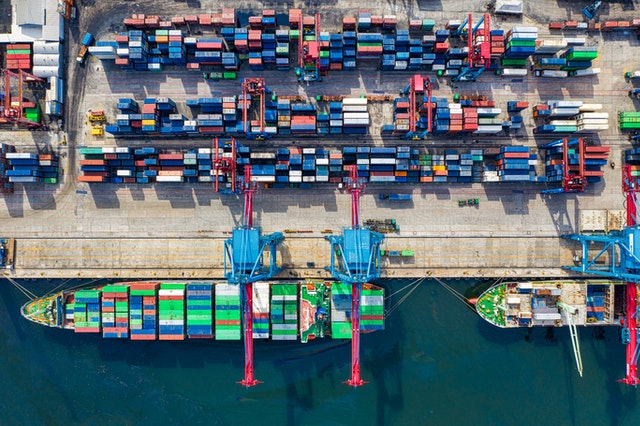When disaster strikes, conveniences like 2-day and overnight shipping are no longer possible. While some of these interruptions are small and local, affecting only certain businesses and industries, others are large, affecting the entire global market. If you’re a business supplying goods to clients all over the world, it’s important to consider how to overcome supply chain disruptions and manage risk in the future.
5 Situations to Prepare For
Since supply chains are full of interconnected, moving parts, even one disruption can lead to shipping delays. Here are some of the situations that can interrupt your supply chain:
1. Transportation Issues
While globalization is an important aspect of our manufacturing and shipping industry, it can inevitably strain the transportation networks and routes that businesses use to deliver materials and products. Businesses particularly felt the strain during COVID-19. Since demand was higher than usual, many cargo ships were unable to keep up with the number of products that customers ordered. This situation left shipments in cargo holds for long periods of time, which increased costs.
2. Price Increases
When a supplier chooses to increase their prices, this increase places your business in a difficult position. Do you choose to switch suppliers, raise your prices, or take on the costs yourself? Regardless of the decision you make, the transition can temporarily delay your supply chain or eat into your profits. For industries that regularly experience fluctuations in price, this can be a persistent issue.
3. Cyber Security Problems
Cyber attacks are increasingly common. If your security protocols are not updated regularly, it may be time to invest in precautionary measures. Your suppliers should also be taking steps to protect themselves and their business data—one vulnerability might allow hackers to access any piece of the supply chain.
4. Natural Disasters
Hurricanes, earthquakes, floods, and other natural disasters can have an immense impact on important suppliers. Even if the disaster hits only one region or city, it can be detrimental to your supply chain depending on your supplier locations. This is especially true if you’re relying on only one supplier for a raw good or material.
5. Global Outbreaks
While pandemics are not typical events, businesses must prepare for them nonetheless. During COVID-19, numerous B2B and B2C companies all across the world were unable to operate. The number of people, regions, and international companies that needed to temporarily (and sometimes even permanently) shut down played a large role in massive shipping delays and high costs.
How to Overcome Supply Chain Disruptions in 3 Steps
These events can expose massive vulnerabilities in your supply chain. If you are interested in how to overcome these supply chain disruptions, here are three action items:
1. Conduct a Supply Chain Audit
Take the time to understand where the weakest links in your supply chain are. Consider the political, economic, and social conditions at every location that can lead to disruptions in the future. Once you conduct a thorough risk analysis, your next step is to find alternatives for high-risk suppliers.
2. Find Alternative Suppliers
One of the largest risks a business can take is relying on only one supplier to supply a certain good or material. The risk is especially high if your supplier is in a location that is politically or socially turbulent, or prone to natural disasters. The key is to research alternative suppliers that you can rely on in emergency situations.
3. Create a Contingency Plan
When you have identified supply chain vulnerabilities and viable solutions, you must establish the procedures that need to take place in case of an emergency.
Partner with a Supply Chain Expert
Managing risk in the supply chain is a tedious but critical task that requires constant supervision. At Teknik Trading, we take pride in our ability to overcome supply chain disruptions. Our cost-effective, responsive solutions are tailored to meet your needs and exceed your expectations.
Let us help you manage your supply chain efficiently and effectively. To learn about our stress-free solutions, call +1 (305) 592-1512.

